Crisis and Politicisation
This book explores the links between the politics of a now seemingly permanent crisis in Europe and the politicisation of the process of European integration. Looking at the epistemic dimension of crisis, it suggests that the way in which a crisis is framed and contested determines its potential impact on the level of politicisation of processes such as European integration.
Europe is more challenged and contested today than it has even been, facing crises of an almost existential kind. Yet, political crises are manufactured and narrated, so Europe has the possibility to intervene to bring about her recovery, instead of letting these crises prove terminal. This book explores the political process in and through which certain events come to be framed as constitutive of a moment that requires a decisive intervention. It shows that crises require a double framing: a situation needs to be identified as one of crises in the first place and, subsequently, the nature and character of the crisis need to be specified. By examining a wide range of policy areas, the book demonstrates that the framing of crises, i.e., the identification of a situation as both a crisis and a crisis of a particular kind, contributes to the politicisation (or depoliticisation) of the process of European integration.
The chapters in this book were originally published as special issue of Journal of European Integration.
Benedetta Voltolini is Lecturer in European Foreign Policy in the Department of European and International Studies at Kings College London, UK. Her research focuses on the foreign policy of the EU and its member states towards the Middle East and North Africa, on lobbying and framing in European external relations.
Michal Natorski is Assistant Professor in Public Policy Analysis and Governance at the Maastricht Graduate School of Governance/United Nations University-MERIT at Maastricht University, the Netherlands. His research interests include the diffusion of public policies, international practices, the governance of disruptive phenomena and EU foreign policy.
Colin Hay is Professor and Director of Doctoral Studies in Political Science at Sciences Po, Paris, France, and Founding Director of the Sheffield Political Economy Research Institute (SPERI) at the University of Sheffield, UK. He is lead editor of New Political Economy and founding co-editor of Comparative European Politics and British Politics. He is a Fellow of the UK Academy of Social Science and, until recently, President of the European University Institutes Research Council.
Journal of European Integration Special Issues
Series editors:
Thomas Christiansen, Maastricht University, Netherlands
Simon Duke, European Institute of Public Administration, Netherlands
The Journal of European Integration book series is designed to make our Special Issues accessible to a wider audience. All of the themes covered by our Special Issues and the series are carefully selected with regard to the topicality of the questions addressed in the individual volumes, as well as to the quality of the contributions. The result is a series of books that are sufficiently short to appeal to the curious reader, but that also offer ample depth of analysis to appeal to the more specialist reader, with contributions from leading academics.
The Common Agricultural Policy
Policy Dynamics in a Changing Context
Edited by Grace Skogstad and Amy Verdun
The External Dimension of Justice and Home Affairs
A Different Security Agenda for the European Union?
Edited by Sarah Wolff, Nicole Wichmann and Gregory Mounier
Policy Coherence and EU Development Policy
Edited by Maurizio Carbonne
The Future of European Foreign Policy
Edited by Erik Jones and Saskia van Genugten
The EU as a Global Player
The Politics of Interregionalism
Edited by Fredrick Soderbaum and Luk Van Langenhove
European Boundaries in Question
Edited by Richard Bellamy, Joseph Lacey and Kalypso Nicoladis
Political Leadership in the European Union
Edited by Ingeborg Tmmel and Amy Verdun
Crisis and Politicisation
The Framing and Re-framing of Europes Permanent Crisis
Edited by Benedetta Voltolini, Michal Natorski and Colin Hay
For more information about this series, please visit: https://www.routledge.com/
First published 2021
by Routledge
2 Park Square, Milton Park, Abingdon, Oxon, OX14 4RN
and by Routledge
605 Third Avenue, New York, NY 10158
Routledge is an imprint of the Taylor & Francis Group, an informa business
2021 Taylor & Francis
Chapter 1 2020 Pietro Castelli Gattinara and Lorenzo Zamponi.
Originally published as Open Access.
Chapter 6 2020 Bharath Ganesh and Caterina Froio. Originally published as Open Access.
Chapter 7 2020 Michal Natorski. Originally published as Open Access.
With the exception of , please see the chapters Open Access footnotes.
Trademark notice: Product or corporate names may be trademarks or registered trademarks, and are used only for identification and explanation without intent to infringe.
British Library Cataloguing-in-Publication Data
A catalogue record for this book is available from the British Library
ISBN13: 978-0-367-77007-5 (hbk)
ISBN13: 978-0-367-77009-9 (pbk)
ISBN13: 978-1-003-16936-9 (ebk)
Typeset in Myriad Pro
by codeMantra
Publishers Note
The publisher accepts responsibility for any inconsistencies that may have arisen during the conversion of this book from journal articles to book chapters, namely the inclusion of journal terminology.
Disclaimer
Every effort has been made to contact copyright holders for their permission to reprint material in this book. The publishers would be grateful to hear from any copyright holder who is not here acknowledged and will undertake to rectify any errors or omissions in future editions of this book.
Benedetta Voltolini

, Michal Natorski

and Colin Hay

ABSTRACT
Taking stock of the numerous crises that have confronted Europe in the last decade, this special issue investigates the relationship between crisis and the politicisation of the process of European integration. It draws attention in so doing to the epistemic construction of crises. In this conceptual overview, we discuss first, how crises are framed and reframed in relation to the constitutive elements of a political community. Second, we explore the extent to which, and how, the emergence of different understandings of crisis and the ensuing frame competition between them contribute to such politicisation. By elucidating the link between the politics of a now seemingly permanent crisis in Europe and the politicisation of European integration, this introduction sets the framework informing all of the articles in this special issue.

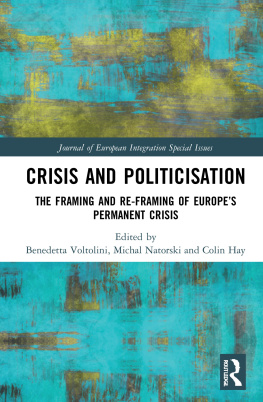
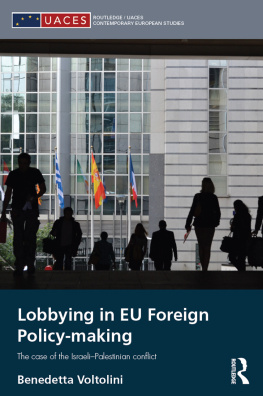
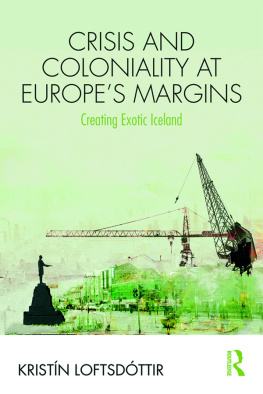


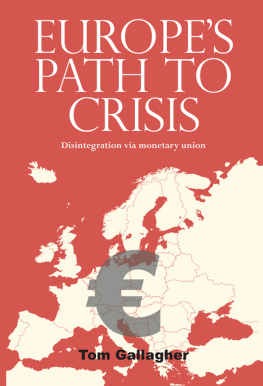
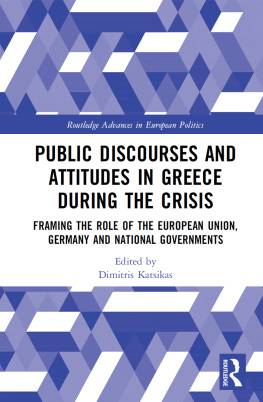
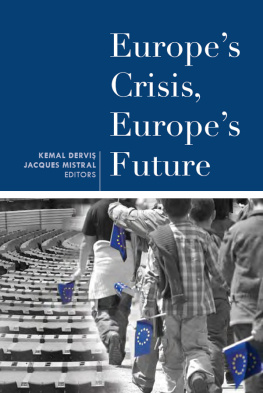

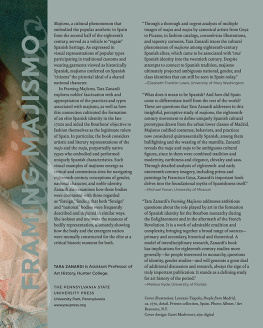
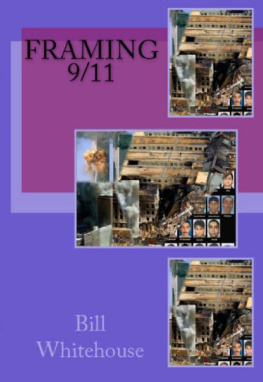
 , Michal Natorski
, Michal Natorski